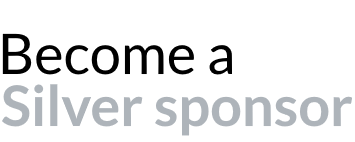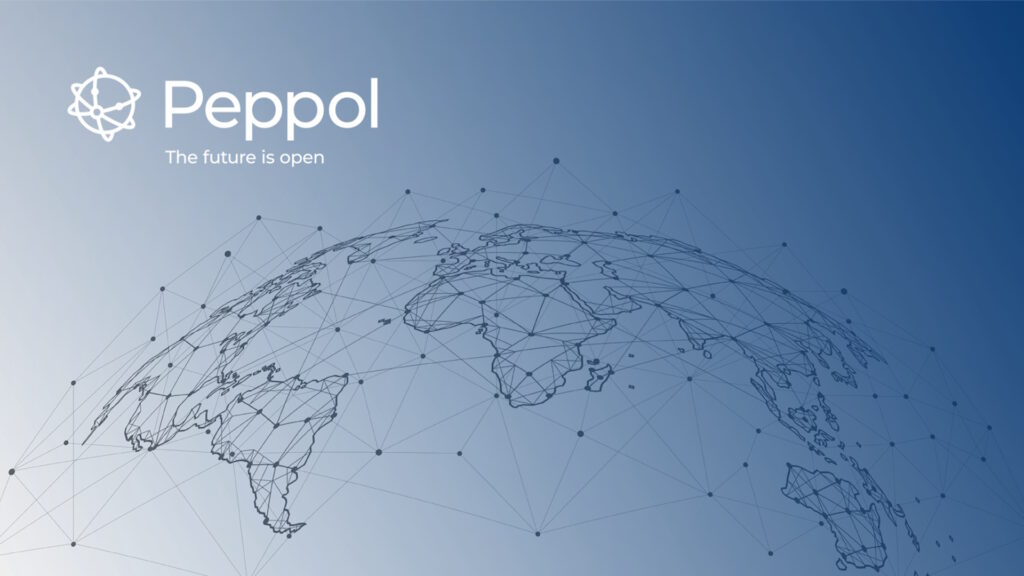E-Invoicing in the USA
Last update: 2024, June 26
Summary
B2G
Partially mandatory
E-Invoicing is mandatory for federal agencies in the context of “appropriate federal procurements”.
There is no e-invoicing requirement at the state level.
B2B
Not mandatory
E-Invoicing is currently not mandatory in the USA, nor is there any plans to make it mandatory in the near future.
What the Law Says
B2G E-Invoicing
Since 2018 and the publication of its Memorandum 15-19, the US Office of Management and Budget (OMB) has directed federal agencies to manage invoices electronically for “appropriate federal procurements”.
The OMB requests federal agencies to either use a Federal Shared Service Provider (FSSP) or an OMB-approved electronic invoicing solution such as the Invoice Processing Platform, which is supported by the U.S. Department of the Treasury.
This obligation, of course, impacts the private suppliers of said appropriate federal procurements, by making e-invoicing mandatory for the corresponding B2G transactions.
However, the memorandum does not specify any e-invoice format or transmission method, and the various options accepted by the OMB usually offer a wide array of solutions for companies and federal agencies to manage their e-invoices, ranging from manual input to automated methods through EDI.
On the other hand, state-level public administrations have not mandated e-invoicing for B2G transactions, but some states (such as California) are increasingly adopting it.
All invoices must be archived for 7 years.
B2B E-Invoicing
There is no e-invoicing mandate for B2B transactions in the USA, meaning that businesses can transmit their invoices in all the usual ways:
- Paper-based invoices
- PDF invoices with e-signature or complete audit trail
- EDI, very often in ANSI X12 format
All invoices must be archived for 7 years.
Timeline
B2G mandatory at federal level
DBNA network debut
EU-US e-invoicing cooperation
E-Invoicing Initiatives in the USA
Joint EU-US declaration of cooperation
In the USA, there is no harmonized federal sales tax comparable to the VAT in Europe. Instead, sales taxes are defined at state level, with many states allowing a “local option” to cities and counties to add an additional percentage. Consequently, one of the main drivers for e-invoicing — preventing tax fraud — is less relevant in the USA since the federal government has little incentive to focus on this issue.
Nonetheless, e-invoicing offers several other significant benefits. It can improve business efficiency, positively impacting the entire economy. This is particularly true in combination with cash flow management through electronic payment systems, while business still largely rely on using electronic or even paper checks. Digitizing payments and bill settlement therefore is a major objective for the system of Federal Reserve banks. Moreover, e-invoicing provides real-time data access, which greatly aids in monitoring national activity.
These benefits (among many others) likely start being compelling enough to drive government interest in promoting e-invoicing, as illustrated by the joint EU-US declaration issued in April 2024 by the European Commission and the US Trade & Technology Council, with the goal of increasing collaboration and interoperability in the field of electronic invoicing between the two parties.
Among the key principles driving this declaration of increased collaboration are:
- Connect once, connect with everyone
- No roaming fees between Access Points (AP)
- Open exchanges where users are free to choose their AP
DBNA Network
As explained above, e-invoicing in the USA is not driven by tax authorities but by the payments industry, aiming to modernize a system where many payments still rely on paper (cheques!) and manual processes.
Implementing e-invoicing in the USA can yield significant efficiency benefits. Recognizing this potential, the Business Payments Coalition (BPC) led in 2022 an e-invoicing pilot involving over 600 entities, resulting in the establishment of the Digital Business Networks Alliance (DBNA), a non-profit organization.
The Digital Business Networks Alliance (DBNA), in collaboration with the US Federal Reserve, is developing a four-corner network very similar to the Peppol network.
A first important milestone was reached in March 2024, when the first invoice was successfully transferred via the DBNA network.
"Fi$Cal" initiative in California
The state of California is digitizing its public procurement processes through the Fi$Cal initiative, aiming to perform budgeting, procurement, cash management and accounting functions transparently and efficiently across the state.
As part of this effort, Fi$Cal seeks to increasingly facilitate e-invoicing between the state and its partners, as outlined in its 2024 vision.
The Invoicing Hub Word
United States of America
E-invoicing is well-established in the US B2B sector, with over a third of invoices being sent electronically across the country (according to the Billentis report).
However, until recently, the U.S. government had not made significant efforts to promote e-invoicing. Although there was a federal B2G mandate, it did not specify a mandatory e-invoice format or delivery method, which did little to boost adoption rates.
The lack of a federal VAT system in the US has contributed to this slow adoption, as VAT fraud prevention – a major driver for governments to mandate e-invoicing – is not a concern.
Still, the benefits of e-invoicing, such as increased efficiency, transparency, and real-time data access, have become too significant for the government to ignore. This led to the April 2024 announcement of a joint EU-US collaboration, with involvement from the US federal government and the White House.
This development, along with the creation of the DBNA and its Peppol-like network, is expected to significantly accelerate the growth of e-invoicing in the US. The adoption of globally recognized standards will also make it easier for companies across the country to implement e-invoicing.
Additional Resources
Non-profit organization building a Peppol-like four-corner network in the US
Office of Management and Budget of the White House, overseeing B2G at the federal level
Strategic initiative of the Federal Reserve Banks to improve Payments Efficiency, including e-invoicing
Most popular EDI format in the US
Get your Project Implemented
Gold Sponsor
With connections to 31 countries and growing, we are continuously adding more countries to enhance our e-invoicing solutions, striving for full global coverage and compliance with each country's tax regulations.
Silver Sponsors
Latest News - USA
OpenPeppol conference 2025 – Brussels, June 17-18
DBNAlliance Network to introduce e-remittance support
E-Invoicing Exchange Summit Miami – March 24-26, 2025
Next E-Invoicing Exchange Summit to take place in Dubai (Feb. 10-12, 2025)
GENA highlights advocacy, expansion and Peppol cooperation
The Invoicing Hub
experts can help you
Strategy, Guidance, Training, …




